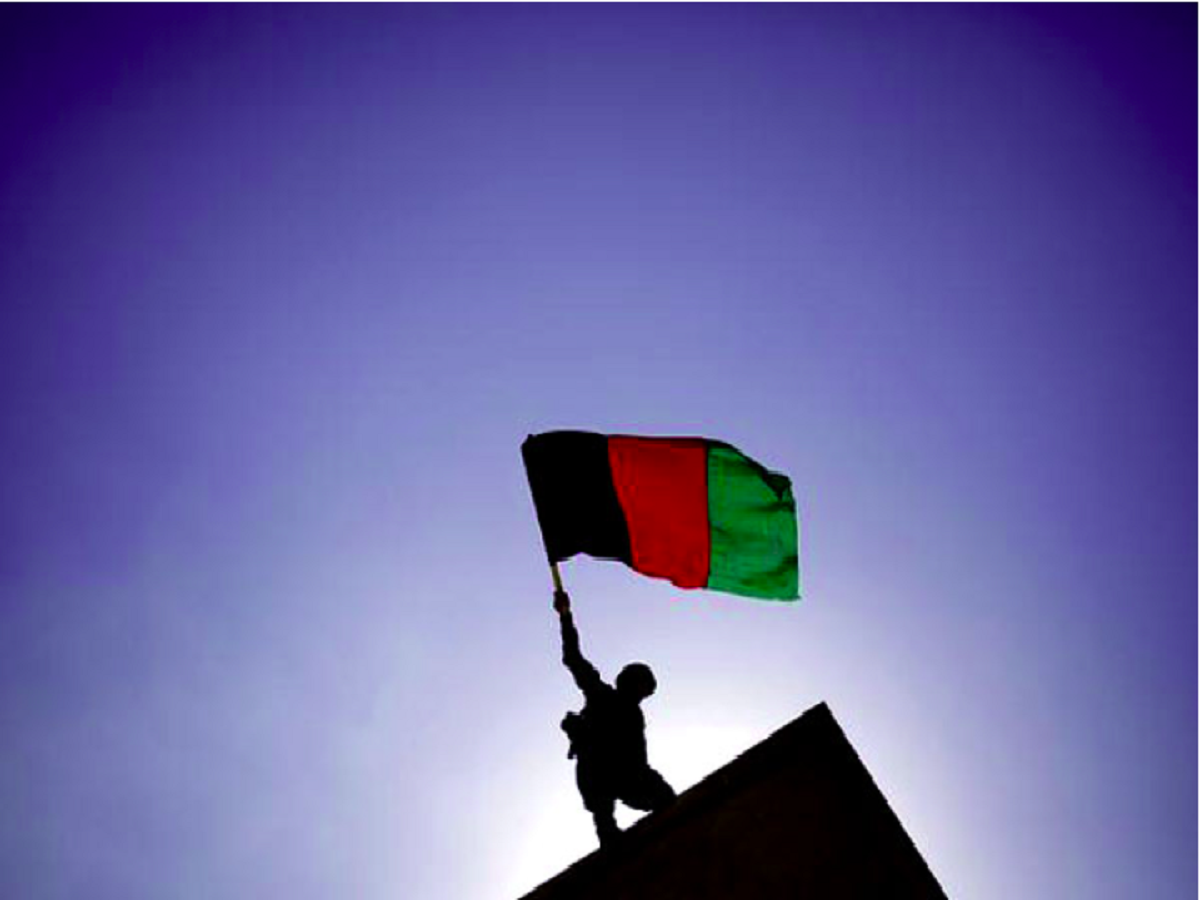
Roving Periscope: Why China dreads a resurgent Taliban retaking Kabul’s control?
Virendra Pandit
New Delhi: With the US-led multinational troops from 36 nations withdrawing all their soldiers by September 2021 from war-ravaged Afghanistan after 20 years, China is worried that the newly-resurgent Taliban could spur Islamic militancy in neighbouring Muslim-dominated Eastern Turkestan (which China calls “Xinjiang”, meaning New Territory).
The US insistence to return from Afghanistan is interesting. President Joe Biden was determined to withdraw American forces, come what may, from the longest military engagement his country had remained stuck in, with a USD 3 trillion dollar wasteful and inconclusive war.
But great geopolitical power games are not played this way, with an open admission of failures. There appears a method in this. Its “agreement” with the Taliban, at the cost of its own supported government in Kabul, led by President Ashraf Ghani, may have a catch only naïve could miss.
Remember, the Taliban (“Students of Islam”) was created as an armed militia in 1994 at Kandahar, Afghanistan, with support from the US and Pakistan for a guerilla war against the Soviet Union’s forces. In July 2021, the Taliban claim to have regained control in most of the country.
So, what is the catch? Is the US really leaving Kabul to the Taliban’s mercy?
Well, then the Taliban fought against an atheist Moscow; now they may be pushed towards another atheist, Beijing, to restore Islam in Xinjiang!
Not that the People’s Republic of China (PRC) is unaware of this danger. It is trying to bottle in the monster its ‘all-weather ally’ Pakistan created.
On Tuesday, in a significant policy statement on the Taliban, China urged it to make a “clean break” from all terrorist forces, especially the al-Qaida-backed Uyghur Muslim militant group Eastern Turkestan Islamic Movement (ETIM) fighting for the volatile Xinjiang province’s independence, media reported on Wednesday.
Chinese Foreign Minister Wang Yi stressed that further spread of the war in Afghanistan, especially an all-out civil war, should be avoided and pitched for restarting of intra-Afghan negotiations to realise political reconciliation and prevention of all kinds of terrorist forces from gaining ground in Afghanistan.
The Taliban should realise the responsibilities it bears for the nation, make a ‘clean break’ with all terrorist forces and return to the mainstream of Afghan politics, Wang said in Tajikistan capital Dushanbe.
Ironically, he also praised the Afghanistan government—which often accuses Beijing’s “all-weather ally” Pakistan of harbouring the Taliban militants—saying that the Ghani government had done a lot of work for national unity, social stability and improvement of people’s livelihood, which should be justly evaluated.
His comments came ahead of the Foreign Ministers of the Shanghai Cooperation Organisation (SCO) meeting in Dushanbe to be attended by Wang, besides Indian External Affairs Minister S Jaishankar and Pakistan Foreign Minister Shah Mahmood Qureshi.
The eight-member SCO grouping consists of China, Russia, Kazakhstan, Kyrgyzstan, Tajikistan, Uzbekistan, India and Pakistan. Afghanistan is an observer of the SCO group.
After the US troop withdrawal, he said, China expects Afghanistan to establish a broadly inclusive political arrangement, pursue a solid Muslim policy, resolutely combat all terrorism and extremist ideologies, and be committed to friendly relations with all neighbouring countries.
Significantly, political observers said Wang’s comments on the Taliban indicated that China is not buying the Taliban’s recent overtures claiming that it considers Beijing as a ‘friend’.
China is concerned that hundreds of ETIM fighters, regrouping in Afghanistan’s Badakhshan province sharing a 90-km long border with Xinjiang through the narrow Wakhan corridor, will sneak into Xinjiang or through the Pakistan-occupied Kashmir (POK) and the Central Asia states.
The ETIM is trying to carry out an insurgency in Uyghur Muslim dominated Xinjiang province. Xinjiang also shares borders with PoK and Tajikistan, media reports said.
The US-led West has already been turning screws on China to contain its expansionist attempts. In particular, they have been voicing strong protests against human rights violations in Xinjiang and Hong Kong.
China’s massive crackdown and Soviet-style gulag archipelago in labour camps strewn across Xinjiang has enraged Uyghur Muslims and prompted the US, the EU and international human rights organisations to accuse Beijing of committing genocide.
The 12th report of the Analytical Support and Sanctions Monitoring Team of the United Nations last month confirmed the presence of ETIM militants in Afghanistan. “The ETIM consists of several hundred members, located primarily in Badakhshan and neighbouring Afghan provinces,” the report submitted to the UN Security Council said.
Fearing reprisals amidst the Taliban gains, China evacuated 210 of its nationals from Afghanistan last week.
For the record, however, the Taliban, which is yet to take control of Afghanistan, said it would no longer allow China’s Uyghur separatist fighters from Xinjiang, some of whom had previously sought refuge in Afghanistan, to enter the country.
Considering the security risks, China is goading Pakistan, which claims to share close ties with the Taliban, to help stabilise Afghanistan amidst the Taliban offensive. But even Islamabad is apprehensive of the unpredictable Frankenstein it created.
With the US setting a new geopolitical challenge simply by withdrawing its troops in the dead of night, without even informing Kabul last week, China is suddenly exposed to a new threat from an unpredictable ‘friend’.
That forced Wang to step up trilateral diplomacy with Pakistan and Afghanistan persuading them to resolve their differences, ask Islamabad to increase cooperation to contain security risks in Afghanistan.
“(China and Pakistan) need to defend regional peace together. Problems in Afghanistan are practical challenges that China and Pakistan both face,’ especially the expansion of both international and regional terrorism, Wang said on July 8 while addressing a meeting of the 70th anniversary of diplomatic relations with Pakistan here.













